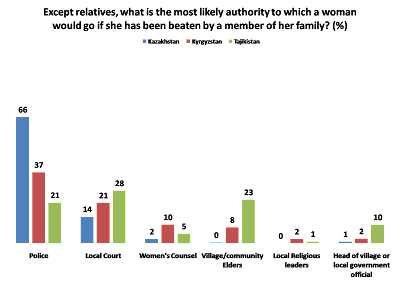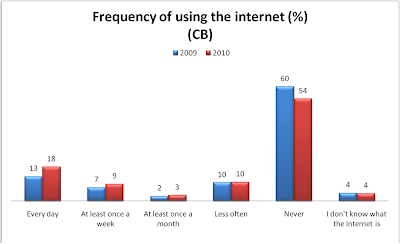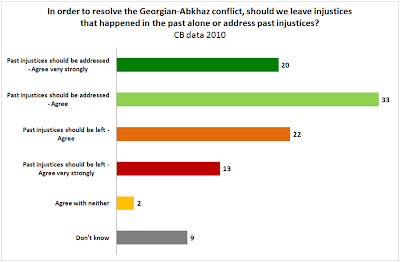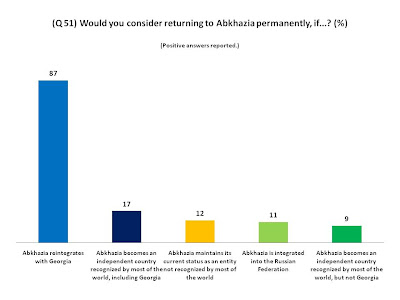
Last month we published a blog post with findings from CRRC’s first research project in Central Asia. An extensive analytical report, datasets and frequency tables are now available on the CRRC website. The research focused on how citizens in Kazakhstan, Kyrgyzstan…




